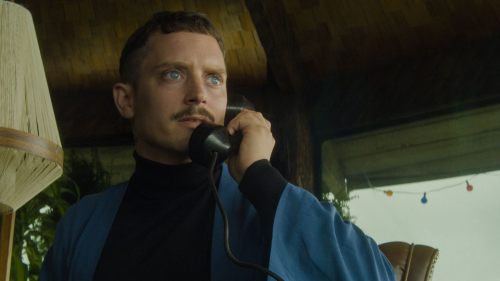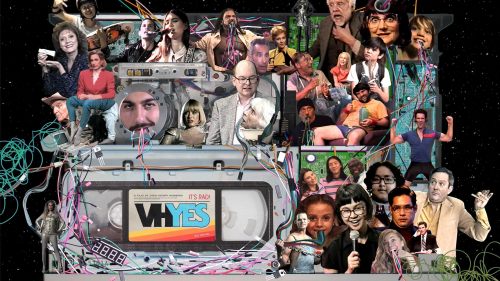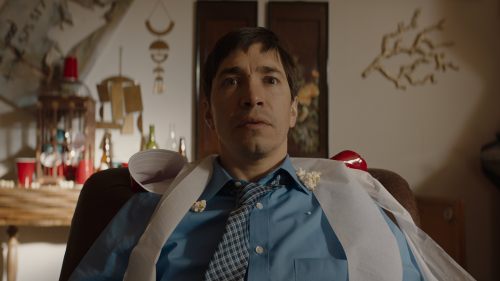Fantastic Fest Review: LITTLE JOE Dulls The Senses And Offends Sensibilities
Allegory is a fantastic literary device, allowing us to explore ideas through story, metaphor, and comparison, and it’s this critic’s opinion that stories which reveal something of ourselves and our shared experience are the best that the art form has to offer. Little Joe desperately wants to be one of those films, exploring the depths of how our society has been radically altered by the introduction of drugs that combat common mental illnesses like depression. But here’s the thing: an allegory needs to bear at least some semblance to the reality it proposes to commentate upon if it’s to have any sort of impact. Little Joe lacks so much nuance in its messaging that, not only does it harm the actual craft of the film, but it presents an actively harmful worldview for those who need antidepressant drugs to function.
Little Joe takes place in and around a plant breeding lab, where Alice (Emily Beecham) and Chris (Ben Whishaw) have developed a new species they call “Little Joe,” which has been bred to release a chemical in its pollen that promotes happiness in those who tend to it. Alice brings one of the plants home to her son, regular-sized Joe (Kit Connor), who is himself wrestling with the fact that his father wants him to move out to the country and away from Alice. But as more people, including Joe, become exposed to Little Joe’s pollen, Alice starts to notice that they’re all acting a little bit strange: happy, but subtly different and concerned primarily with tending to, protecting, and spreading the influence of Little Joe.
Much of the explanation that Little Joe is causing this shift in people's behavior is clumsily exposited through the supporting mouthpiece of Alice’s co-worker Bella (Kerry Fox), who is immediately suspicious of Little Joe as someone who is acknowledged to suffer from mental illness, the implication being that somehow embracing her illness has made her perceptive to Little Joe’s control. This is such a wrongheaded perspective on mental illness and its supposed value on the clear perception of reality, which only becomes exacerbated as Little Joe leans hard into the idea that anti-depressants are a form of cultish worship to those that provide them. There are certainly valid criticisms to be made of the overmedicalization of the modern health industry, but Little Joe’s perspective seems to be that mental illness is, at best, a necessary evil to cope with in opposition to suspiciously sourced but genuine, chemical sources of mental health assistance.
The shallowness of this idea bleeds into every aspect of the film, from the convoluted nature of Little Joe’s reproduction, to the painfully slow pacing that threatens for boredom to overtake any outrage, to a score that is so dependent on screeching flutes and strings to convey tension that it becomes an omnipresent obnoxious white noise. The performances, at least, are superb, as every actor infected by Little Joe’s influence walks a very careful line of retaining the personality and quirks their character had prior to infection while also giving off an eerie, unnatural underlying joy to their line delivery. These are performances that would have much better served a less insipid Body Snatchers riff, and it's a shame to see them wasted.
Little Joe wants to be a film of big ideas, but it ultimately wallows in the pretention of its one small idea. It dismisses all actual prejudice suffered by the mentally ill and creates a fantasy scenario with no basis in the industry or sociological phenomenon it wishes to discuss. It’s debatable whether the greater sin is this propagandizing or the sheer tedium with which it’s presented, but either way, Little Joe isn't a film that inspires any happiness, artificial or otherwise.



